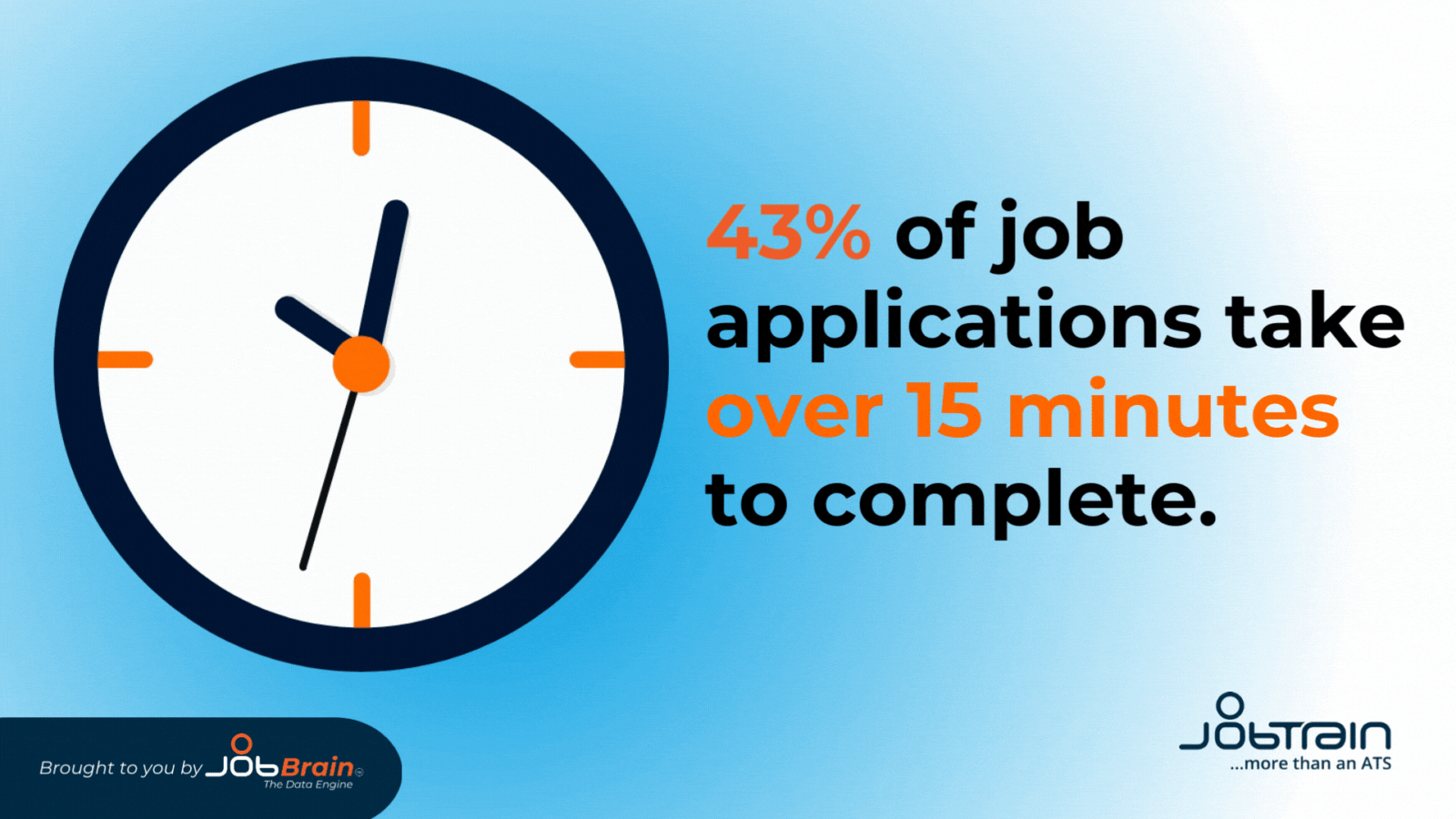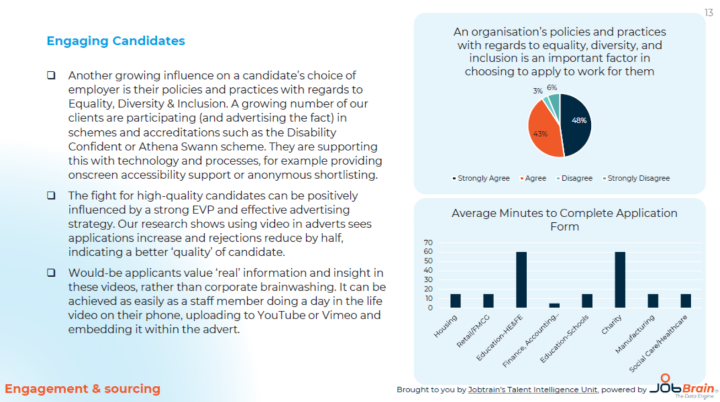1 - Understanding Talent Intelligence
2 - The benefits of Talent Intelligence
3 - Implementing Talent Intelligence in your organisation
4 - The future of Talent Intelligence
In the ever-evolving landscape of human resources and recruitment, a term has been gaining traction: Talent Intelligence. This concept is revolutionising the way companies approach talent acquisition and management. In this comprehensive guide, we delve into what Talent Intelligence is, its importance and how it's shaping the future of hiring and workforce planning.
Understanding Talent Intelligence
Talent Intelligence refers to the process of using data analysis to make informed decisions about talent acquisition and management. It involves gathering and interpreting data on current employees, potential candidates and the broader labour market to predict trends, identify skills gaps and make strategic hiring decisions.
The role of data in Talent Intelligence
At the core of Talent Intelligence is data. This data can come from various sources, including internal records, social media, job boards and other public databases. By analysing this data, organisations can gain insights into the skills, experiences and behaviours of their workforce and potential candidates.
How AI and machine learning enhance Talent Intelligence
Artificial intelligence (AI) and machine learning are soon going to play a pivotal role in Talent Intelligence. These technologies can process vast amounts of data much faster and more accurately than humans. They can identify patterns, predict trends and provide actionable insights that human analysts might miss.
The benefits of Talent Intelligence
Improved hiring decisions
Talent Intelligence enables organisations to make data-driven hiring decisions. By understanding the traits and skills of successful employees, companies can look for similar attributes in potential candidates, increasing the likelihood of a successful hire.
Enhanced workforce planning
With Talent Intelligence, organisations can anticipate future skills needs and identify potential skills gaps before they become problematic. This proactive approach to workforce planning ensures that companies are always prepared for the evolving market demands.
Increased Diversity and Inclusion
Talent Intelligence tools can help reduce unconscious bias in the recruitment process by focusing on data-driven insights rather than subjective opinions. This leads to more diverse and inclusive hiring practices.
Competitive advantage
Organisations that leverage Talent Intelligence can gain a significant competitive advantage. They can quickly adapt to market changes, efficiently allocate resources and attract and retain top talent.
 Implementing Talent Intelligence in your organisation
Implementing Talent Intelligence in your organisation
Start with a clear strategy
Implementing Talent Intelligence starts with a clear strategy. Define what you want to achieve with Talent Intelligence and how it aligns with your overall business objectives.
Invest in the right tools and technologies
Investing in the right tools and technologies is crucial. Look for platforms that offer robust data analytics, AI and machine learning capabilities, tailored to talent acquisition and management.
Train your team
Ensure your HR and recruitment teams are trained in data analysis and understand how to use Talent Intelligence tools effectively.
Foster a data-driven culture
Promote a data-driven culture within your organisation. Encourage decision-making based on data and insights rather than intuition or tradition.
The future of Talent Intelligence
The future of Talent Intelligence is promising. As technology continues to advance, we can expect even more sophisticated tools and techniques to emerge. These advancements will further enhance our ability to make informed decisions about talent acquisition and management.
Watch our webinar with Jobtrain's Talent Intelligence Director - Gary Towers! 👇

Conclusion
Talent Intelligence is transforming the HR landscape. By harnessing the power of data, AI and machine learning, organisations can make smarter hiring decisions, plan their workforce more effectively and maintain a competitive edge in the market. As we move forward, Talent Intelligence will undoubtedly become an integral part of every organisation's talent strategy.
